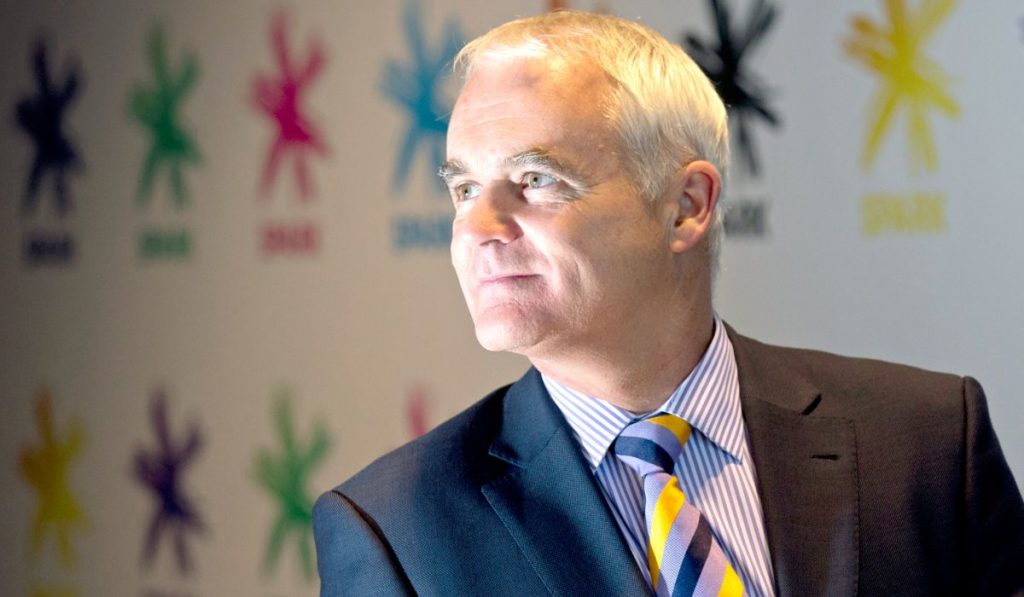
In one of Simon Moutter’s final interviews as MD of Spark, he sits down with Global Women to talk about how leaders at Spark manage an agile, flexible workforce, in our Fast Four Questions feature.
Global Women: What does inclusivity mean for Spark?
Simon Moutter: At an aspirational level, it means every single one of our people feels they can bring their whole self to work. At a practical level it means we create a safe, welcoming and inclusive environment for all our people to express themselves and celebrate their culture, contribute as part of a great team and to feel a sense of fairness about the opportunities available to them – regardless of gender, ethnicity or other differences. It also means that on a day to day basis that we hear and value every voice in the business, and that we have a culture of supporting each other.
What have you done to build a more inclusive culture?
We’ve had an ongoing and wide-ranging programme over a couple of years now to grow a truly diverse and inclusive culture. Our overall cultural programme – Blue Heart – is about a heart-led (rather than metrics based) approach – not only to diversity and inclusion, but to our overall company culture.
A big part of this has involved proactively looking for opportunities to integrate Te Ao Māori across more and more of what we do. This includes how we run our events, how we approach our company culture and how we use language – both spoken and written. Our company values for example – whakamana (empower), māia (courage), tūhono (connect), and matomato (flourish) – incorporate Māori concepts at a deeper level than simply being translated at the end of the process and were developed from the beginning with close input from our Māori community.
By creating a truly inclusive environment we have also made space for our people to step up and lead the way with a number of great initiatives. There are too many to list them all, but they include the formation of a company Kapa Haka group, a Spark Pride group, and a Mental Health at Spark group – which focusses on creating a mentally healthy workplace. These initiatives have been created by our people for our people and I’m immensely proud of what they have achieved.
We’ve also taken practical steps at a policy level to build diversity and inclusion, like introducing our new Flexible Working and improved Paid Parental Leave policies.
Why has inclusivity been important for your transition to Agile ways of working?
It has been very clear in the transition to Agile that Spark would not have been fit for the change without the transformation we’ve undergone to become a more diverse and inclusive workplace.
The Agile way of working puts highly diverse, multi-skilled squads together – and these simply cannot function unless you have already created an inclusive environment in which all voices are heard.
I believe that due to the huge efforts we have made to create a collaborative and respectful environment, Spark is equipped culturally to work in an Agile way – and we are far more likely to solve the complex and difficult problems the future will inevitably bring.
When it comes to the D&I space, what initiative will you look back on with the most pride?
The thing I’m most proud of is how the people of Spark have taken ownership of the cultural change we needed to see and have made it happen. I may have lifted the lid off the issue by speaking in public about the need for a heart-led approach, but it has been the Spark people who have created a groundswell of change – bringing their cultures and differences to the fore and working together to effect real and lasting difference.